Staff
Division of Basic Theories of Education
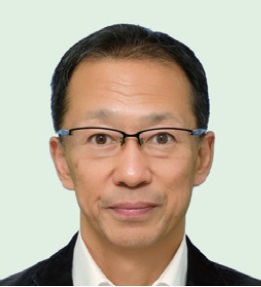
Jun YAMANA
Professor (Philosophy of Education)
My specialty is the philosophy of education and the history of educational ideas. I am particularly interested in the possibilities of interpretation of key educational concepts, in the midst of which the dynamics between human and cultures can be imaged on the basis of “Bildung”. I have been primarily concerned with research of “New Education”-movement that flourished in the first three decades of the 20th century, particularly how it changed perspectives on space. My most recent research interest is in connecting educational science and memory studies through the theory of “Bildung” and “cultural memory studies”.
Publications
- Hiroshima als architektonischer Raum der Erinnerung: Zur Problematik der Pädagogisierung eines geschichtlichen Ortes, Jahrbuch für Historische Bildungsforschung, Vol. 22, 2017, S. 61 – 79.
- Catastrophe, commemoration and education: On the concept of memory pedagogy, Educational Philosophy and Theory, Vol. 52, Issue 13, 2020, pp.1375-1387.
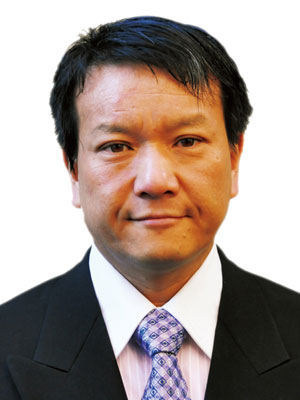
Yoshihiro KOKUNI
Professor (History of Japanese education)
The purpose of my research is to study the educational history of Japan by examining the theory, the system, and the practice of school eduation. I especailly focus on the relation between nationalism and the method of education after World War II. At a transition period of school education, I want to establish the possibility of new pedagogy by critically investigating pedagogy which has been theoretically applied since the end of WW II.
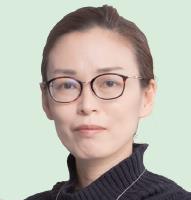
Sayaka OKI
Professor (Western Educational History)
My research focuses mainly on the social and intellectual history of higher education and research, with a special focus on the Europe from the 18th to 20th century. In my recent works, I have traced the development of philosophical discourse on the ‘utility’ of sciences and arts, and tried to describe the diversity in attitudes and cultures between disciplines, including the humanities and sciences. I am currently interested in the socioeconomic history of the institutions of higher education and research, such as academies and universities, especially on their emerging process.
Publications
- « Le tâtonnement de l’expertise scientifique moderne : les éloges de Condorcet comme lieux de réflexion sur le rôle social des savants », Dix-huitième siècle, numéro 51 (2019), pp. 489-506.
- Why Letters and Science Diverged into Two Cultures (Seikaisha, 2018) (in Japanese)
- « L’utilité des sciences d’après les discours des secrétaires perpétuels de l’Académie royale des sciences de Paris au XVIIIe siècle », in Entre belles-lettres et disciplines. Les savoirs au XVIIIe siècle, Fernay-Voltaire: Centre international d’étude du XVIIIe siècle, 2011, pp. 77-87
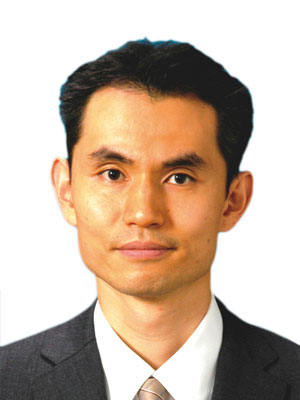
Katsushige KATAYAMA
Associate Professor (Educational Anthropology)
My current research interests lie in the educational implications of political and moral philosophy. More specifically, my research explores the possibilities and limits of citizenship and moral education in a liberal, democratic, and plural society. From this educational perspective, I approach what John Rawls calls the problem of political liberalism: How is it possible that there may exist over time a stable and just society of free and equal citizens profoundly divided by reasonable though incompatible religious, philosophical, and moral doctrines?
Publications
- Katayama, K. (2003) Is the Virtue Approach to Moral Education Viable in a Plural Society?, Journal of Philosophy of Education, 37.2, pp. 325-338. Reprinted in: J. Dunne and P. Hogan (eds.) (2004) Education and Practice: Upholding the Integrity of Teaching and Learning (Oxford: Blackwell Publishing).
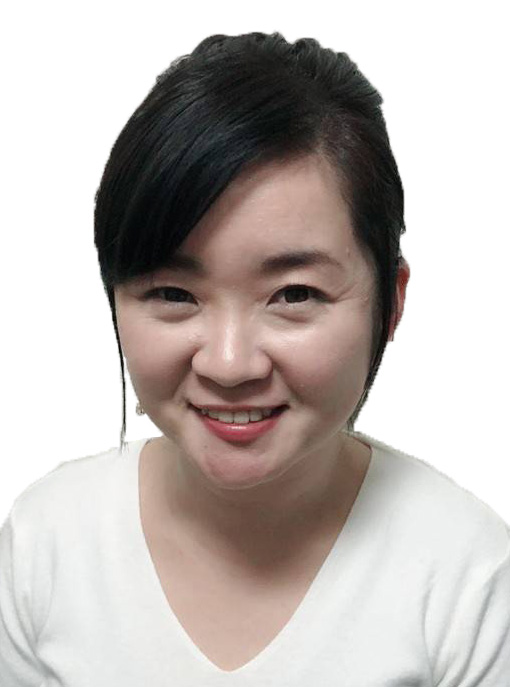
Rui OTSUKA
Associate Professor (Educational Clinical Studies)
My field of research is clinical phenomenology (phenomenology in practice). My research is conducted through fieldwork and interview surveys which focus on people who are experiencing difficulties in their lives such as the victims of child abuse, children who refuse to go to school, children with developmental disabilities, and people of any age suffering from chronic illness. Through case-study research based on my knowledge of phenomenology I aim to illustrate the essential truth of human beings and to explore the topic of education from the sense that perceptions change over time.
Publications
- Shisetsu de Kurasu Kodomotachi no Seicho (“The Development of Children Living in a Children’s home”) (The University of Tokyo Press)
- Sarani Atarimae wo Utagae! (“Question the Obvious again!” )(Shin-yo-sha, Co-authored)
- Sukima no kodomo Sukima no shien(“Children in places where support does not reach” ) (Akashishoten, Co-authored and edited)
Division of Social Sciences in Education
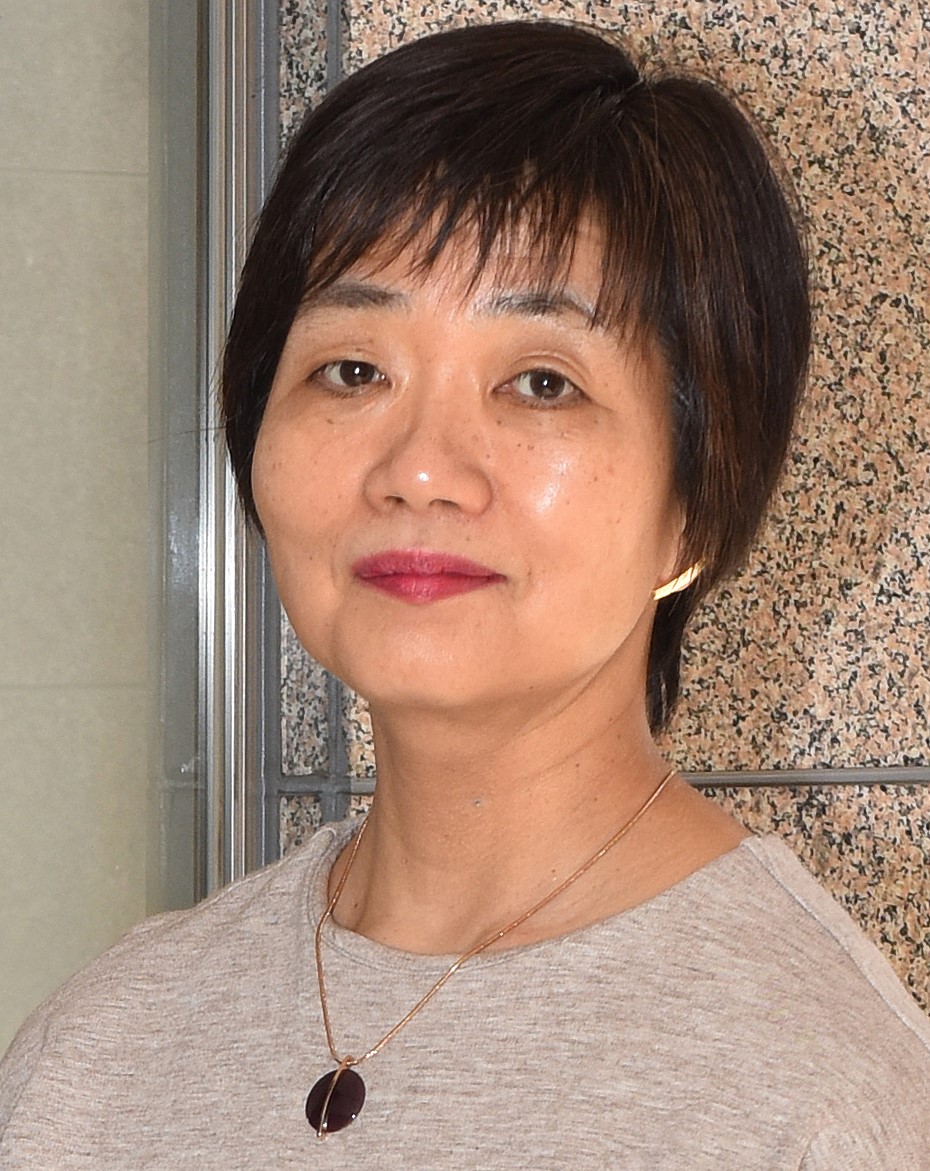
Yuki HONDA
Professor (Sociology of Education)
My study focuses on relations between education, work and family. Since early 1990s, Japanese society has witnessed a conspicuous growth of discrepancies in relations between these three social systems, which include dysfunctions of ‘transition from school to work’, escalation of pressures on responsibilities of parents to educate their children, widening inequality in educational opportunities, and expansion of poverty among families with children. I explore causes and solutions to these problems, especially necessary reforms of education and new roles of the government and civil movements.
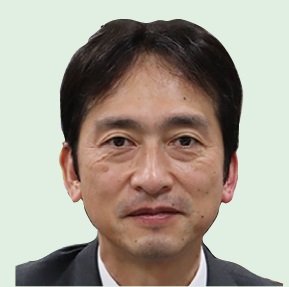
Takayasu NAKAMURA
Professor (Comparative Education Systems Theory)
My main area of study is sociological research regarding educational and social selection using quantitative and
comparative perspectives. More specifically, I have studied entrance examination systems and social change, conducted quantitative research on the career choices of high school students, and performed a comparative survey of Japan and South Korea. Recently, social stratification and the educational system along with the problem of students’ localism, and the theory of meritocracy have captured my interest. I also believe that it is very important to mix qualitative and quantitative methods (mixed methods research).
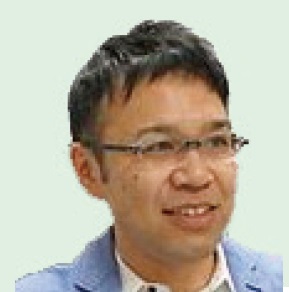
Norihiro NIHEI
Professor (Sociology of Education)
I have been conducting a sociological study of how the existing livelihood security system will change as a result of neoliberal restructuring, focusing on the following two movements. One is the movement toward privatization of public services. In this movement, NPOs and civic activities have been praised and utilized as bearers of a new society, and I am studying the benefits and risks of this change. The other i s the “educationalization” of social security. I am interested in how this will change the borders of social inclusion/exclusion.
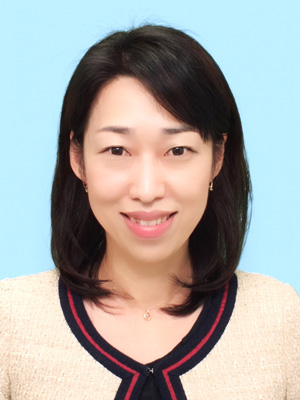
Misako NUKAGA
Professor (Comparative Education)
My research explores how globalization affects everyday lives of family, school, and children’s identities and competencies, with a special focus on families that transcend national borders. I have been conducting ethnographic studies of Japanese families abroad and immigrant families in Japan, looking particularly at how gender, ethnicity, social class, and academic achievement intersect within school contexts and family strategies. I am also interested in cross-national comparative studies of multicultural education, searching for ways to make education policies and practices more equitable and inclusive for minority students.
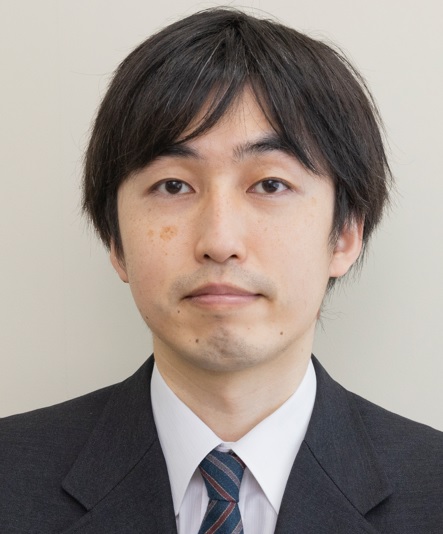
Hirofumi TAKI
Associate Professor (HigherEducation)
My research interest is to explore the generating mechanisms of educational inequality in Japan. I have published cross-national comparative studies using quantitative data such as PISA, focusing on institutional differences among Japan, Germany, and the United States. From a comparative perspective, I am also interested in East Asian societies, which share an emphasis on high-stakes entrance examinations at the societal level. In recent years, I am conducting research focusing on the role of short-term higher education and its change in Japan.
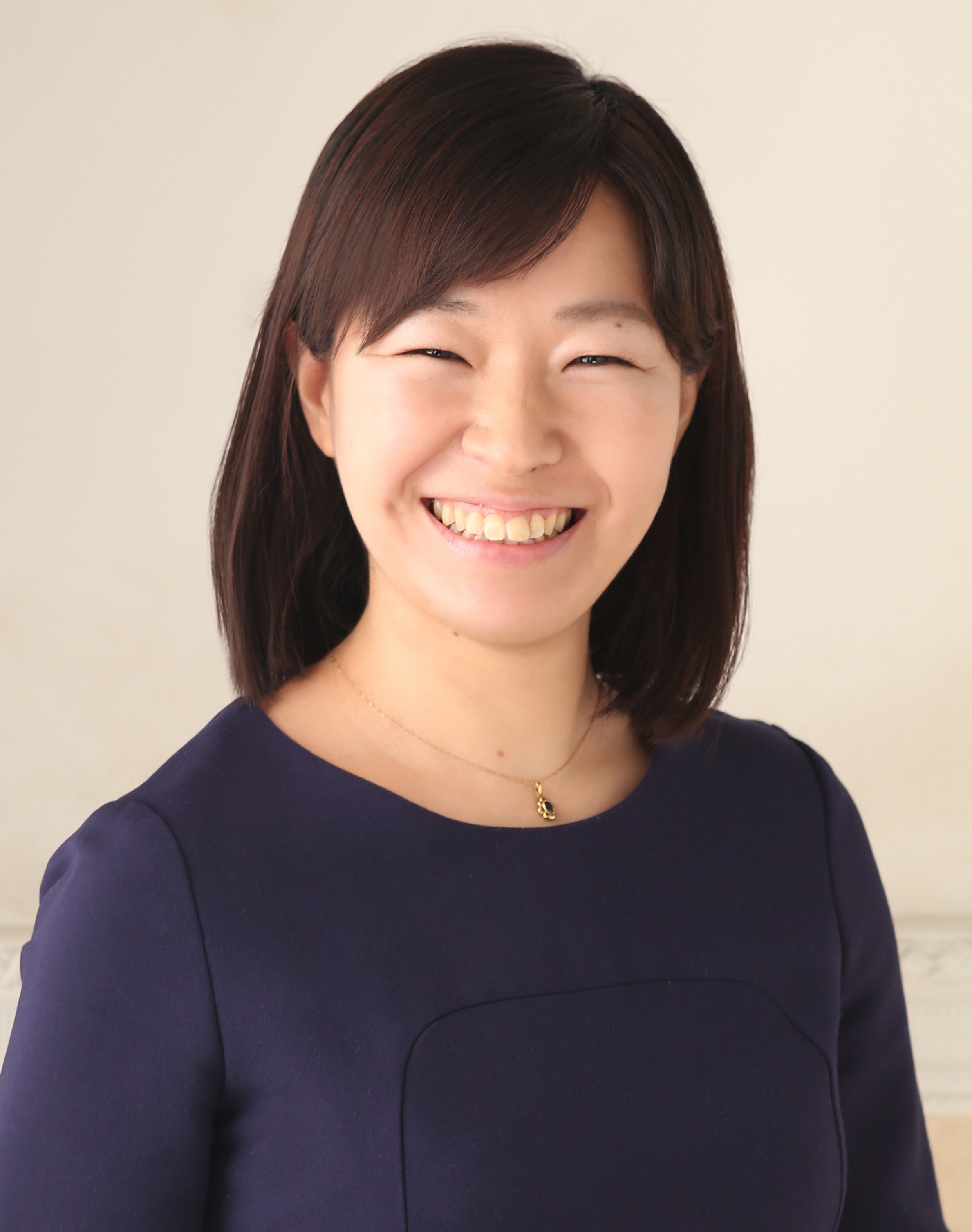
Takayo OGISU
Associate Professor (Comparative Education)
My research explores on what it means to develop education, drawing on the case of educational development in Cambodia. I have been trying to understand better how the global convergence of education policies and practices transforms (or does not transform) sociocultural meanings of teaching and learning in the local classroom Settings. In recent years, I have been working on longitudinal research that traces the impacts of Cambodian teacher education reform on professionalism among current and future teachers.
Division of Lifelong Learning Infrastructure Management
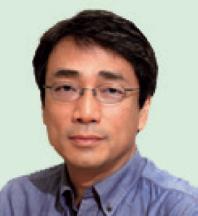
Atsushi MAKINO
Professor (Theory of Lifelong Learning)
“Considering Human Beings and Society through Education and Learning” I am interested in considering the state of society and what we can do to help people live happily through the various phenomena that appear in the process of people’s lives and growth. The ambiguity of social education and lifelong learning, which are ambiguous disciplines because they focus on ambiguous people and society, is appealing. From there, the field can expand infinitely to include the social meaning of children’s growth, learning in an aging society with low fertility, community education in East Asia, and community development.
Publications
- Development and Self as Fiction: Reconsidering the Concepts that enable Education (Tokyo, University of Tokyo Press, 2021)
- Reshaping the Practices of Kominkan: Discussions on the Community Learning Center in Japan [The Making our ‘Societies’, 2] (Tokyo, University of Tokyo Press, 2019)
- Reshaping the History of Kominkan: Discussions on the Community Learning Center in Japan [The Making our ‘Societies’, 1] (Tokyo, University of Tokyo Press, 2018)
- Learning: The Movement to Create Community and Strengthen Society (Tokyo, University of Tokyo Press, 2018)
- Learning as Creating the Place to Live in: Theory and Practice for Revitalizing Local Community through Lifelong Learning (Tokyo, University of Tokyo Press, 2014)
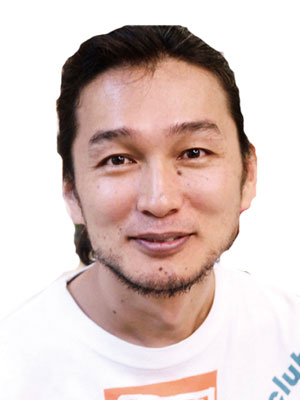
Kyo KAGEURA
Professor (Library and Information Science)
Theoretically, I am interested in characterising the structure of information media and language from a unified point of view, and clarifying the relationships between information media and language with a high degree of granularity, in order to reveal points of intervention in the actual information circulation/distribution process. Social institutions such as libraries or schools are taken into account as practical points of social intervention.
Within this overall framework, I am carrying out research in modelling the structure, distribution and arrangements of language expressions and media, developing a translation education aid system, critically examining illogical socio-political discourse, and developing a system for automatic crawling of bilingual terminologies.
Publications
- Conditions for Credibility (Tokyo: Iwanami, 2013)
- The Quantitative Analysis of the Dynamics and Structure of Terminologies (Amsterdam: John Benjamins, 2012)
- Examining the Post-3.11 Discourse on Radiation (Tokyo: Gendaikikakushitsu, 2011)
- The Dynamics of Terminology (Amsterdam: John Benjamins, 2002)
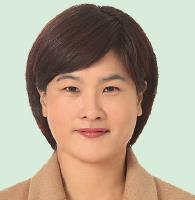
Jeongyun LEE
Professor (Social Education)
What is Social Education? Including researchers, I think nobody can answer immediately this question. The contents, methods, objects and places of the social education are also very diverse and wide. How long have we used the term “Social Education”? Including the origins of social education, I study the establishment and development of social education in the modern period. Recently, I have become interested in the social education policies, educational welfare, and grassroots education movement in Japan and Korea.
Publications
- “Social Education and Lifelong Learning in Japan” (co-edited and written, University Education Press, 2013)
- “Social Education, Social Work and Community Development”(co-written, University Education Press, 2015)
- “Co-existence and Exchange between Japan and Korea that Transcend Nationalism – The perspective of Korean researchers working in Japan”(co-edited and written, Akaishi Shoten, 2016)
- “Dynamic Social Education and Lifelong Learning in South Korea: Citizens, Communities, and Learning”(co-edited and written, Eidell Institute, 2017)
- “How School Non-attendees Studied in Colonial Korea – On the Basis of Oral Histories of Night School Students andInstructors”(Hakueisha, 2022)
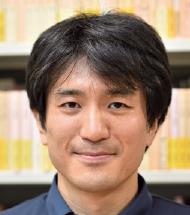
Hironobu SHINDO
Associate Professor (Theory of Lifelong Learning)
The focus of my research work is on supporting lifelong learning activities in terms of culture. “Culture” here includes arts, crafts, traditions in local community, consumer culture, popular culture, mass media, etc. In particular, I am interested in the history and the present of cultural institutions such as public halls, theatres and museums especially in Japan and UK. My doctoral thesis is on the history of public halls in Japan. Now I am conducting a comparative research on education and inclusion programmes conducted in these institutions, and on supporting professionals such as educators in museum and community-based NGOs.
Publications
- Lifelong Learning and Public Sphere (co-written, Kashiwa Shobo, 2003)
- Studies on Lifelong Learning and Cultural Activity (co-written, Gakubunsha, 2007)
- Handbook on Social Education and Lifelong Learning (8th ed, co-written, Eidell Institute, 2011)
- Encyclopedia of Social Education and Lifelong Learning (co-written, Asakura Shobo, 2012)
- History on Stage: Public Hall and People in Modern Japan (University of Tokyo Press, 2014)
- Adult Education and Cultural Development (Translation Supervisor, Toyokan Publishing, 2016)
- Getting Inspired: Design of Engagement in Museum (co-editor, Air Publishing, 2016)
- Shaping Culture in Community : History of People’s College in Japan (editorial board, Fujiwara Shoten, 2016)
- Cultural Policy Studies (3 volumes, co-author, University of Tokyo Press, 2018)
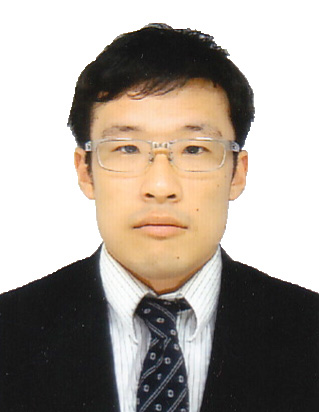
Shuntaro KAWAMURA
Associate Professor (Library and Information Science)
Through media such as books, I am interested in examining, from the perspective of the library as an organization, how knowledge such as academics has been given form since the modern era.
Specifically, I am researching how libraries’ collections have been built historically, what role they have played in learning and education, how libraries have built and functioned as their own organizations while having been influenced by other libraries and society, and finally what sort of networks are formed between libraries.
Publications
- Toshokan Johogaku Kyoiku no Sengoshi — Shiryo ga Kataru Senmonshoku Yosei Seido no Tenkai (“The Postwar History of Library and Information Science Education — the Development of the Professional Training System as told by Materials”) (Minerva Shobo, Contributor, 2015)
- The Tokyo Imperial University Library system (The University of Tokyo Press, 2016)
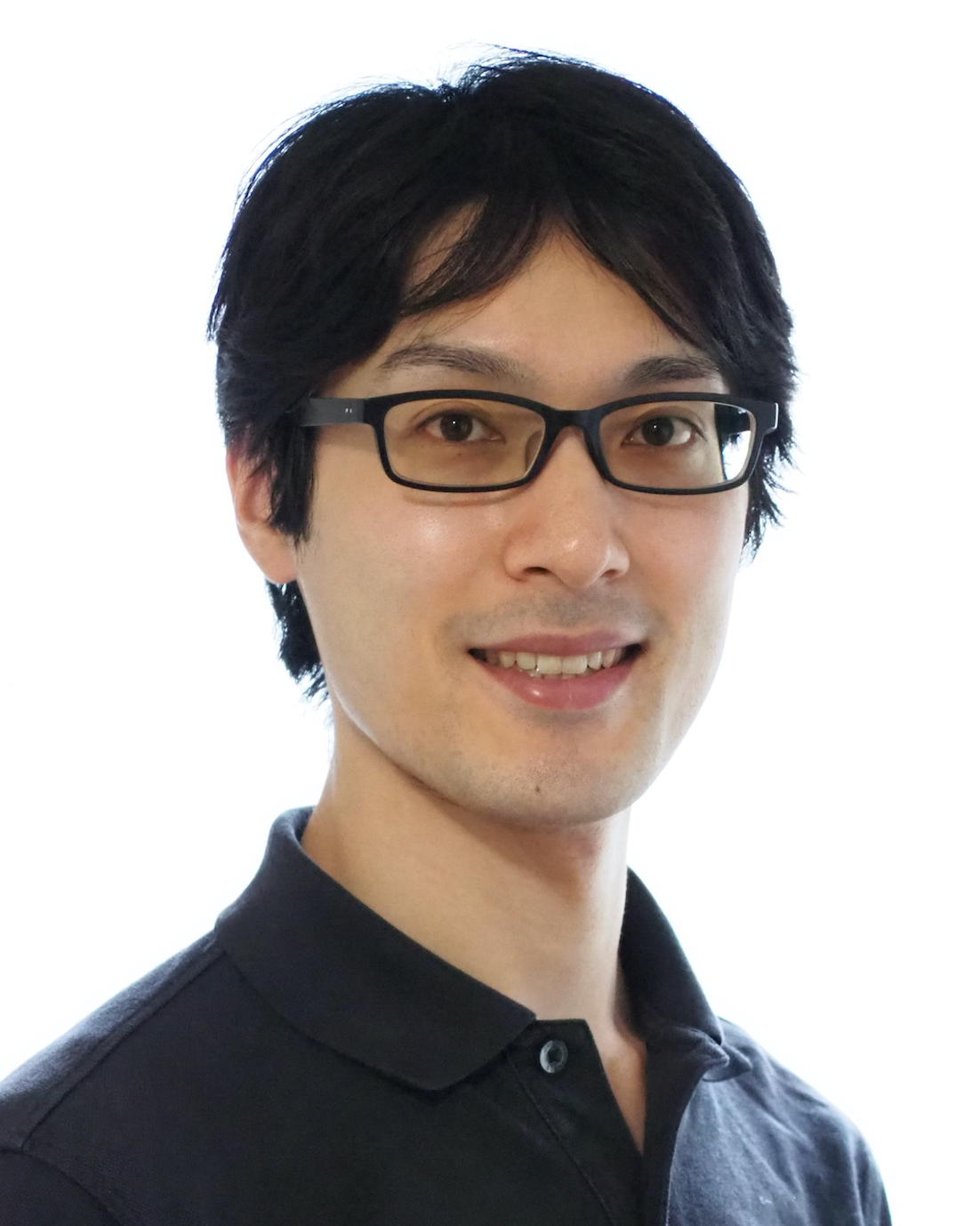
Rei MIYATA
Lecturer (Library and Information Science)
Focusing on books and documents as essential media that enable the social communication of coherent knowledge, I aim to develop a fine-grained process model of their production, organisation, circulation, and provision. The principal research task is to scientifically clarify and share the tacit knowledge regarding document design, authoring, and translation, which is what experts can do but cannot explain. I am also conducting application research on the multilingual production of administrative and industrial documents by making use of natural language processing technologies, such as machine translation.
Publications
- Controlled Document Authoring in a Machine Translation Age (Routledge, 2020)
- Metalanguages for Dissecting Translation Processes (co-edited, Routledge, 2022)
Division of University Management and Policy Studies
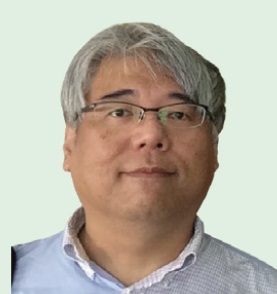
Akihiro ASONUMA
Professor (University Policy Studies)
While academic knowledge develops according to its own intrinsic logic, in reality, it is difficult for it to exist without the support of society, and it is often strongly influenced by society. This is where contradictions and conflicts can arise. I am
interested in the relationship between universities and society, and how education and research at universities are adjusted to the demands of society. So far, I have mainly studied the organization,financing, and policies of higher education and academic research from the perspective of how these institutional frameworks mediate between education and society, and between research and society.
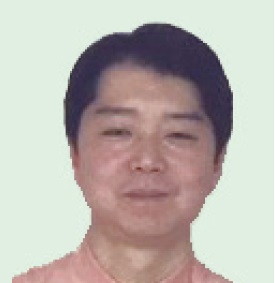
Hideto FUKUDOME
Professor (Historical and Comparative Higher Education)
My research interest lies in the historical and comparative study of higher education, particularly, American higher education. Although American higher education might be the model for higher education reform in other countries, I am interested in it because American colleges and universities are dynamic and have developed with great diversity. Their histories include many attractive themes for considering the question, “What are colleges and universities?” My research interest extends to diverse areas of higher education: undergraduate curriculum, academic governance, academic professions, and graduate education. I approach these areas with historical and comparative perspectives, which can help us broaden our thinking of higher education. I am looking forward to working with many students who believe colleges and universities are important to our society and culture.
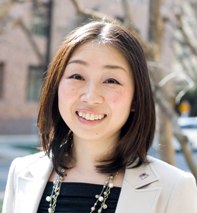
Akiko MOROZUMI
Professor (University Management)
With the developing knowledge society, the social role of universities is growing. At the same time, as the college-age population declines university management is becoming a major issue and many are pondering the need for change in university management and related policies. Researchers are not only required to conduct basic studies from a social scientific perspective and within a certain framework, but also present ideas with practitioners of university management with whom they will work closely. I conduct empirical case studies especially from the perspective of the decision-making patterns and accounting of universities, hoping to build a logical basis that can respond to practical problems.
Division of Educational Psychology
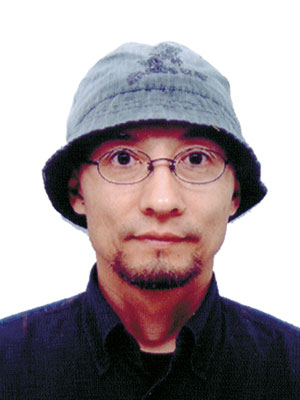
Takeshi OKADA
Professor (Educational Cognitive Sciences)
I am interested in the process of how ideas are born and developed. Focusing on the creative activities of artists, I aim to answer such questions as: “How do artists create?” and “How are original ideas born?” To do so, I use a multi-method approach — first, creating a hypothesis on cognitive activities in creative processes based on fieldwork, and then verifying the hypothesis through psychological experiments.
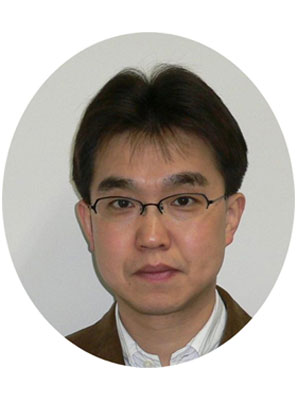
Toshihiko ENDO
Professor (Developmental Psychology)
I am concerned about the factors that influence the attachment relationships formed between children and their caregivers in early life, and investigate how individual differences of the quality of early attachment affect children’s later socio-emotional development. I also study how a variety of emotions emerge and develop in early childhood and what impacts they have on children’s physical and psychological functioning from evolutionary and cultural perspectives.
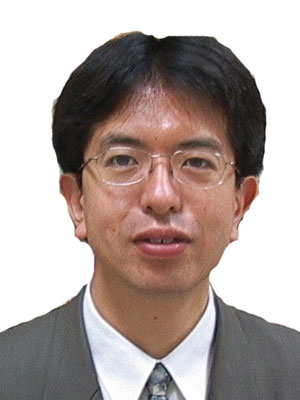
Nobuyuki FUJIMURA
Professor (Psychology of Learning and Instruction)
Affiliated with the Division of Curriculum Development
I am interested in the processes by which children understand mathematical and (natural and social) scientific concepts, and also in planning lessons that encourage those processes. I use an educational psychology approach to conduct research in collaboration with elementary and high school teachers, by using individual experiments, interviews, written questionnaires, and analysis of remarks made by students during lessons and of worksheets.
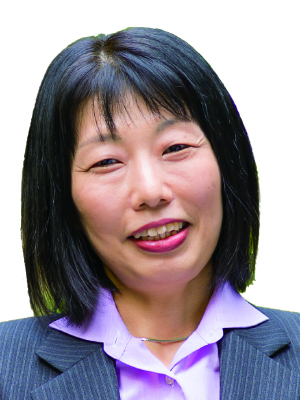
Etsuko HARYU
Professor (Developmental Psychology)
A child who seems truly powerless when born will eventually learn how to speak, behave compassionately, and cope with new problems. I hope to find out how this seemingly natural change occurs. I am particularly interested in how children acquire languages and how their view of the world is structured as they acquire languages.
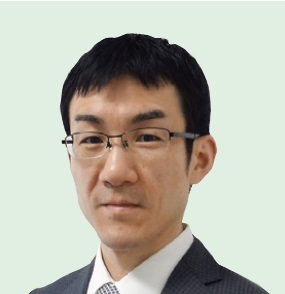
Kensuke OKADA
Associate Professor (Psychological Statistics)
My research interest is in statistical modeling of psychological, educational, and behavioral data for better understanding of human behavior. To this end, my lab members and I are conducting research on application and theory of Bayesian statistics. I believe this is an exciting area of research with deep scientific questions and with a wide variety of potential applications.
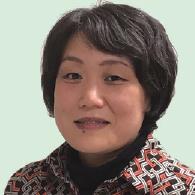
Sachiko KIYOKAWA
Associate Professor (Psychology of Learning and Instruction)
My goal is to clarify what processes occur in collaborative problem solving. I am particularly interested in the effects of verbalization on problem solving. I also want to know how higher-order cognitive processes such as insight problem solving, idea generation, and implicit learning progress and how to facilitate them.
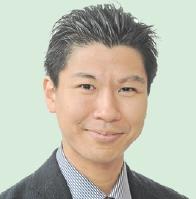
Satoshi USAMI
Associate Professor (Psychological Statistics)
My general interests are developing and applying statistical methods for behavioral science. Methodologically, my current lines of research include (a) latent growth curve modeling for evaluating within-person changes and its individual differences, (b) developing and investigating the unified framework for longitudinal models to examine reciprocal relations between longitudinally observed variables, and (c) within-person variability score-based causal inference for joint effects of time-varying treatments. In addition, I am collaborating with substantive researchers on a number of topics relating to educational, psychological and medical research.
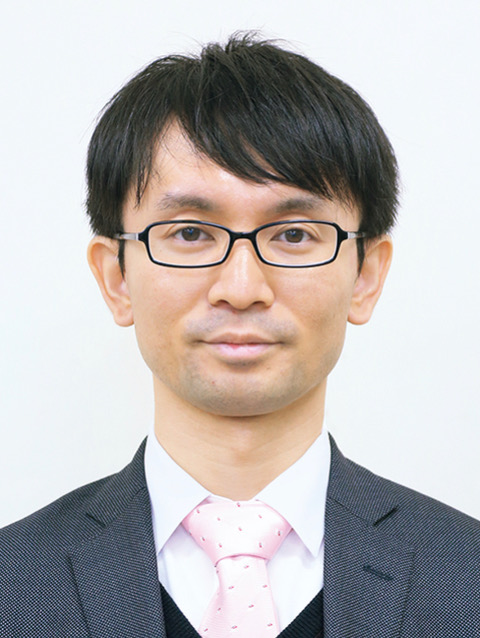
Tomonori ICHIYANAGI
Associate Professor (Psychology of Learning and Instruction);
Affiliated with the Division of Professional Development of Teachers
My major is research on the learning and developmental processes of children and teachers in schools, and the sociocultural environment that supports these processes. In particular, I focus on communication through language (spoken, written, and nonverbal), while exploring how children learn and how teachers design and support their learning. In recent years, using elementary and junior high schools as a field, I have been examining teachers’ practical knowledge for organizing inquiry and collaborative children’s learning.
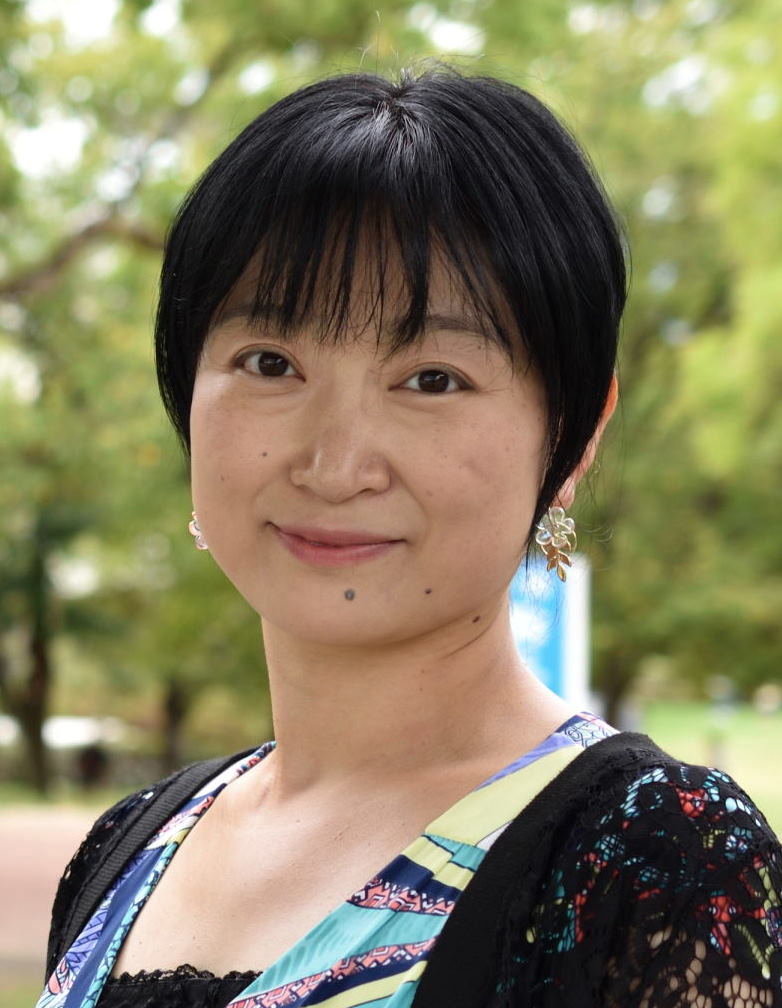
Yuri UESAKA
Associate Professor (Educational Cognitive Science)
I am interested in addressing problems found through educational practices undertaken from psychological perspectives. When I am engaged in such practices, I get a better sense of the value that psychological theories bring, and also appreciate their limitations. I employ psychological methods such as surveys and experiments to examine research themes related to learning processes and effective teaching methods that I have developed through practice. Furthermore, I apply the findings from research I have undertaken to practices in collaboration with teachers and others involved in education.
Division of Clinical Psychology
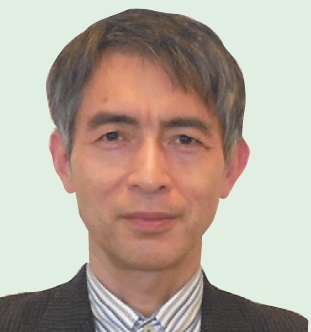
Masahiro NŌCHI
Professor (Curriculum Development of Clinical Psychology)
Affiliated with the Division of Clinical
Psychology
One of my primary goals is to establish knowledge rooted in actual field experiences from an interdisciplinary perspective centering on clinical psychology. More specifically, I analyze the narratives of adults with disabilities to clarify characteristics of their experiences and their needs in the rehabilitation process. At the same time, I offer assistance and consultation for the community based on the knowledge. I am also interested in qualitative research methodology in psychology. Collaborating with researchers from other universities, I am trying to form its theoretical basis, organize methods of analysis, and develop educational methods.
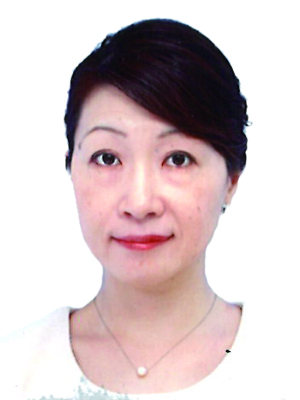
Miho TAKAHASHI
Professor (System Theory and Practice of Clinical Psychology)
Affiliated with the Division of Clinical Psychology
Psychological problems arise not only due to individual factors but also due to social factors within the environment in which the individual lives. Individual problems sometimes reflect social problems. From this view point, I conduct studies to increase understanding of individual psychological problems and develop concrete methods and theories to help individuals, organizations and society. Especially, I focus on mental health problems related to work life, specifically in the areas of problems arising in the workplace, readjustment to working life after a period of absence and dealing with unemployment. In my studies and in my clinical practice, I work to help individuals develop their own life careers and ways to cope with the modern world.
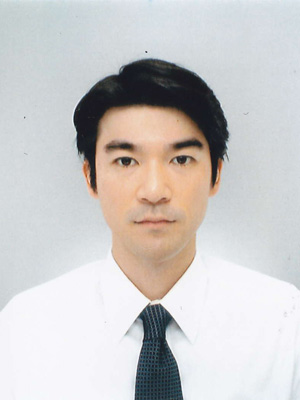
Ryu TAKIZAWA
Associate Professor (Curriculum Development of Clinical Psychology)
Affiliated with the Division of Clinical Psychology
My research interests focus on a better understanding of causes, risk and resilient factors related to health and well-being across the life course and investigating new approaches to early preventive measures in youth. Combining three unique frameworks: 1) life-course developmental research (ex. prospective cohort), 2) biological, neuroscience and epidemiological methods (ex. bio-markers, such as NIRS, fMRI, inflammation, epigenetics) and 3) genetically-sensitive design (ex. family and twin method), my projects focus on early life stress such as maltreatment and bullying victimization as a potential cause and on the resilient factors for mental health as well as physical and cognitive health problems across the life course. I am especially interested in investigating modifiable causal factors that could become targets of intervention and prevention efforts, especially in young people.
Division of Physical and Health Education
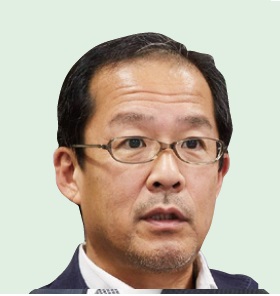
Yoshiharu YAMAMOTO
Professor (Educational Physiology)
The data analysis of biomedical and health-related information is my specialty. In a research side, focusing mainly on health-related data in daily settings, I investigate methods for the data collection, data analysis, interpretation of the results, and the use of information obtained for health risk evaluation and disease prevention. In addition to the development of new methodology for signal processing, modelling, and statistical analysis, of the standard physiological measurements, recently I also focus on a broader health-related data including behavioral and social ones. In an education side, I aim at teaching students with diverse interests and concerns so that they acquire specialized and integrated analytic skills required in the era of information and communication technology.
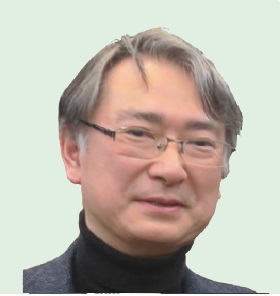
Tsukasa SASAKI
Professor (Health Education)
A major focus of my study is to investigate and elucidate genetic and environmental factors that might affect physical and mental development in children and adolescents. Biological and psychological factors play a significant role in such development, which I would like all students in the research areas of education to understand well when they conduct their studies. Specific studies include the effects of the sleep-wake rhythm in 24-hour society, genome variations and environmental factors, especially during the embryonic stage, on growth, development, mental health and disorders. Other studies are on the effects of lifestyles and environmental factors on students’ and teachers’ mental health in high schools and universities. Longitudinal comparisons of co-twins in their physical and mental development are also a focus of these studies.
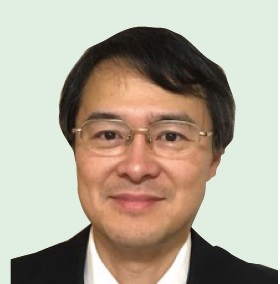
Gentaro TAGA
Professor (Developmental Brain Sciences)
I explore the principle of how locomotion, perception and cognition of man are generated through dynamic interaction between the brain, body and the environment. In particular, I focus on the developmental process of newborns and infants and hope to shed light on nativism; rule of the development of complex systems; adaptability to the environment; voluntary information-generating mechanism. I also work on behavior measure; psychological experiments; imaging of the brain; nonlinear dynamics modeling and computer simulation.
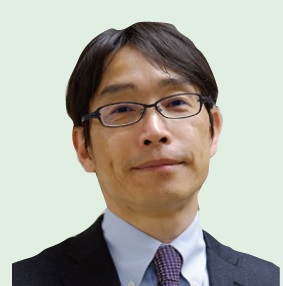
Daichi NOZAKI
Professor (Physical Education)
The neural and musculoskeletal systems that support bodily motions have extremely redundant characteristics. For instance, the motion of flexing and extending a single joint involves an enormous number of neurons of the brain and spinal cord and a large number of muscles. Through such methods as motion analysis, (evoked) electromyogram, brain waves, magnetic stimulation of the brain, fMRI and motor learning paradigm using the robot arm, I hope to clarify how sophisticated movements are performed and acquired based
on this redundancy.
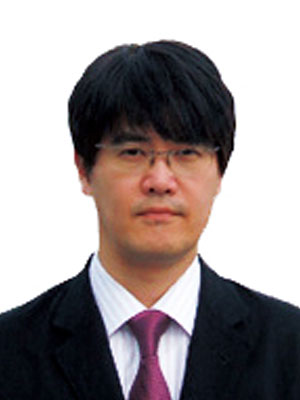
Fumiharu TOGO
Professor (Educational Physiology)
Modern 24-hour society has changed many aspects of our behaviors such as sleep, diet, and physical activity. My work focuses on how changes in amount, quality, and timing of these life-related activities predict future physical and mental functions and illnesses, which will increase in diversity in various physical and social environments, in adolescents, workers, and the elderly. To gain insight into how this might happen, I examine biological and questionnaire data obtained by laboratory, ecological, and epidemiological approaches.
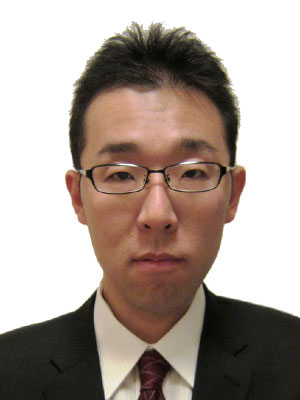
Kenji MORITA
Associate Professor (Physical Education)
How we can learn from successes and failures, and how we can motivate ourselves to learn, are both fundamental issues in learning physical skills used in sports or music performance, as well as in every kind of learning. Also, whether a thrilling event induces pleasure or fear, or whether a complicated quiz excites or annoys someone, depends on one’s past experience, physical and mental state, and personality. I am studying neural and bodily mechanisms of learning and emotion underlying these phenomena through computational modeling and analysis based on biological knowledge and behavioral/physiological approaches.
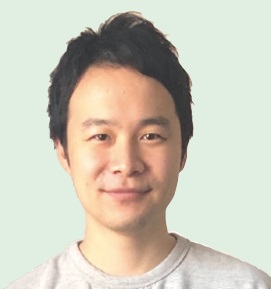
Takuji HAYASHI
Assistant Professor (Physical Education)
Movements that are the only output of humans, such as talk, walk, and reach, are often executed without even paying attention. For example, when we walk, we do not need to think about how to move our legs or which leg to move first. My goal is to elucidate the principles of such implicitly processed movement execution from both theoretical and experimental perspectives. In particular, I believe that discovering novel principles of motor control and learning processes is crucial. I am conducting research about human motor behavior from various perspectives by flexibly incorporating ideas and findings accumulated in other fields.
Division of Professional Development of Teacher
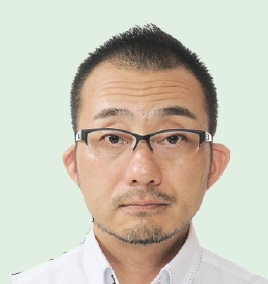
Yasuhiko FUJIE
Professor (Research on Teaching and Curriculum)
Faculty member of the Division of Educational Practices and Policies
My major is to research on teaching and curriculum. I explore the interaction between a participant and its environment in school. With ethnographical research, I study sociocultural and material formation of classroom discourse, teacher learning and development through school-based curriculum development. In recent years, I focus on the schools integrating primary schools and junior high schools. I have been examining how the activities of teachers and children are linked to organizations and school architecture.
Publications
- The Future of Research on Teachers : Methodologies for Research on Teachers in 20 Case Studies.(Tokyo-Tosho)
- Future Qualitative Research Methods : Research on School Education Practices in 15 Case Studies.(Tokyo-Tosho)
- “Creation of Learning in the 21st Century : Development of Learning Science” (Kitaoji-Shobou)
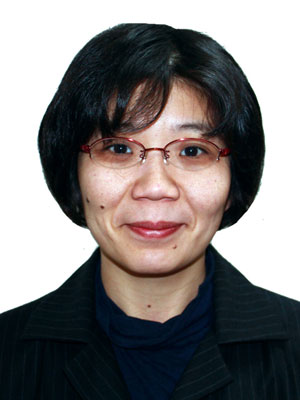
Sachiko ASAI
Professor (Research on Teaching and Curriculum);
Affiliated with the Division of Professional Development of Teachers
I study pedagogical practice through a variety of approaches. (1) I have been studying history of primary school education and early childhood education in modern Japan. Through the examination of teachers’ narrative descriptions, I ask how the relationship between teachers and children in the classroom was structured and how their experiences were made sense of. (2) I participate in in-school training in primary schools and early childhood institutions, learning about pedagogical practice and school reform, and explore the theories that might support them. (3) In recent years, I have been working on studying the Reggio inspired early childhood education, with a focus on pedagogical documentation.
Publications
- Teachers’ Narrative Descriptions and New Education (University of Tokyo Press).

Tomonori ICHIYANAGI
Associate Professor (Research on Classroom lessons);
Faculty member of the Division of Educational Psychology
My major is research on the learning and developmental processes of children and teachers in schools, and the sociocultural environment that supports these processes. In particular, I focus on communication through language
(spoken, written, and nonverbal), while exploring how childrenlearn and how teachers design and support their learning. In recent years, using elementary and junior high schools as a field, I have been examining teachers’ practical knowledge for organizing inquiry and collaborative children’s learning.
Publications
- “Psychology Giving Back to Schools”(Nakanishiya)
- Future Qualitative Research Methods : Research on School Education Practices in 15 Case Studies.(Tokyo-Tosho)
- “Iwanami, Education, Prospects for Change 5: Learning and Curriculum”(Iwanami-syoten)
Division of Curriculum Development

Nobuyuki FUJIMURA
Professor (Mathematics and Science Education)
Faculty member of the Division of Educational Psychology
I am interested in the processes by which children understand mathematical and (natural and social) scientific concepts, and also in planning lessons that encourage those processes. I use an educational psychology approach to conduct research in collaboration with elementary, junior high and high school teachers using individual experiments, interviews, written questionnaires, and analysis of remarks made by students during lessons and of worksheets. I plan to integrate psychological research such as, cognitive development research, and learning-and-instruction research from the viewpoint of the changes that occur in children through the learning processes.
Publications
- “Psychology of mathematical and scientific literacy — How do children improve their learning —“ (Yuhikaku)
- “Developmental psychology—How individuals grow up through interaction with other people—“(ed.) (Minerva Shobo)
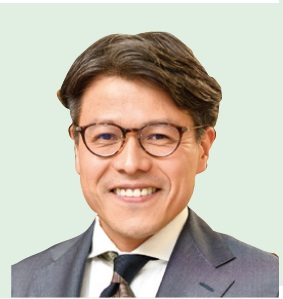
Yuto KITAMURA
Professor (Humanities and Social Sciences Education)
Faculty member of the Division of Educational Practices and Policies
I have been conducting researches on education policy in developing countries, particularly in South and Southeast Asia. In recent years, I have been mainly focusing on Cambodia and currently conducting several research projects, including a student tracer study in basic education, a teacher training study, and a study on the development of higher education. I also conduct researches on the internationalization of higher education in Asian countries. Through these researches, I have been exploring roles of education for creating more democratic society and examining how education needs to be considered as public good.
Publications
- Memory in the Mekong : Regional Identity, Schools, and Politics in Southeast Asia (co-editor,Teachers College Press, 2022)
- Education in Japan : A Comprehensive Analysis of Education Reforms and Practices (co-editor, Springer, 2019)
Division of School Improvement and Policy Studies
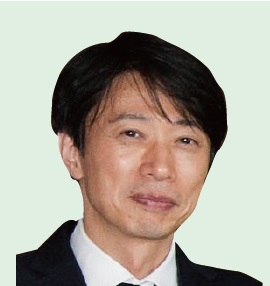
Masaaki KATSUNO
Professor (School Leadership and Management)
Faculty member of the Division of Educational Practices and Policies
My research areas include education policy, school leadership and management, and teacher education. In particular, I have a continuing interest in teacher evaluation policies and practices, and currently value-added approaches to teacher evaluation that are increasingly becoming popular around the world attract my attention. I am also doing research into professional learning networks or communities across as well as within Japan’s high schools.
I am interested in working with students from different backgrounds who are keen to conduct research in a wide range of areas that roughly match mine. Those students who share with me concerns about democracy, social justice, equity, quality and effectiveness in schooling will be particularly welcome.
Publications
- Teacher Evaluation Policies and Practices in Japan : How performativity works in school, New York ;Routledge 2016.
- Katsuno, M. (2012). Teachers’ professional identities in an era of testing accountability in Japan: The case of teachers in lowperforming schools, Education Research International, 2012, Article ID 930279, 8 pages.
- Katsuno, M. (2010). Teacher Evaluation at Japanese Schools: an examination from micro-political or relational viewpoint, Journal of Education Policy, 25(3), pp.293-307.
- Katsuno, M. (2003). The ideas and policies of teacher evaluation, Tokyo: Eidell Kenkyujo, 172p. (in Japanese)
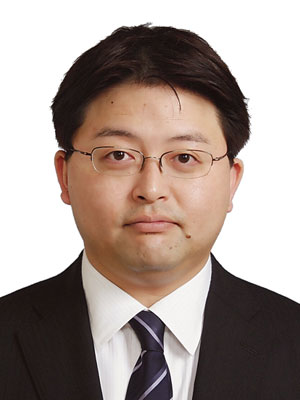
Yusuke MURAKAMI
Professor (Education Politics and Policy);
Faculty member of the Division of Educational Practices and Policies
My research interest is educational politics and policy, especially in Japan’s education board system and national/local education policy. Education policymaking requires both democratic control and a high degree of professionalism. However, these elements do not always work in conjunction, and we must balance the two. I have examined the school board system in Japan that aims for the checks-and-balances system and have analyzed how the dynamic between democracy and professionalism causes different policy outcomes. Recently, I am also interested in comparative education politics and policy. Using data from international comparative surveys, I
hope to analyze the impact of politics on education and the impact of education on politics from a view of comparative politics.
Publications
- Murakami, Y. (2019) National and Local Administration” In Kitamura Y, Omomo T, Katsuno M eds. Education in Japan, Springer.
- Murakami, Y. (2013) Rethinking a Case Study Method in Educational Research: A Comparative Analysis Method in Qualitative Research, Educational Studies in Japan, (7) 81-96
- Murakami, Y. (2011) Political Science of Educational Administration, Tokyo: Bokutaku-sha, 328p. (in Japanese)
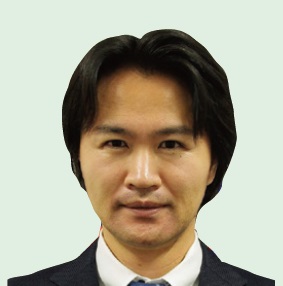
Akihiro HASHINO
Associate Professor (Education Policy and Finance);
Affiliated with the Division of School Improvement and Policy Studies
My research focuses on the political and economic aspects of administration and finance, and policy of education. While there are an infinite number of goals imposed on education by society, there are only a finite number of resources such as budget, personnel, and time to realize them. Because of the finiteness and scarcity of these resources, democraticness and efficiency are inevitably required in the policy process. I am engaged in theoretical and empirical research based on my awareness of the issues of how such democratic decision making
and efficient policy implementation can be achieved, and how democraticness and efficiency can be understood and measured in the field of education policy.
I am also strongly interested in “evidence-based policy making”, and considering not only the methods of policy evaluation but also the influence and role of research in policy and political processes.
Publications
- Hashino, A. (2016) Politics and Policy on Education Finance in the Modern Era, Okayama: Daigaku Kyoiku Shuppan, 360p. (in Japanese)
- Murakami, Y. and Hashino, A. (2020) Educational Policy and Administration, Tokyo: Yuhikaku, 270p. (Co-author) (in Japanese)
- Hashino, A. (2021) “The Effects of Long Working Hours on the Physical and Mental Health of Beginning Teachers: Novel Identification Strategies and Endogeneity, Nonlinearity, and Heterogeneity,” in Kawakami, Y. eds., Workplace Adaptation and Professional Development of Teachers: Analysis and Feedback from a Longitudinal Survey of Teachers, Tokyo: The Earth Kyoiku Shinsha. (Contributing author)(in Japanese)
Center for Advanced School Education and Evidence-Based Research: CASEER

Yuki HONDA
Director (Professor);
Faculty member of the Division of Social Sciences in Education
Since its establishment, CASEER has expanded and developed its functions and programs in response to educational issues in society. Currently, we have two divisions: the Division of Advanced Education and the Division of Evidence-Based Research. The former focuses on globalization, including international networking in education, while the latter conducts original research on secondary and higher education. We have promoted substantial activities such as “raduate student projects,”in which graduate students develop highly flexible research based on a specific theme each year, public symposiums to announce the results of inquiry learning practices and panel surveys at the attached secondary school, and student research exchanges with Stockholm University. We will continue to accumulate discussions and verifications and make them widely available to the public in order to realize the ideal education, while responding flexibly to the many issues surrounding education and the movement for change that is piling up in Japan and abroad. We look forward to your continued cooperation.
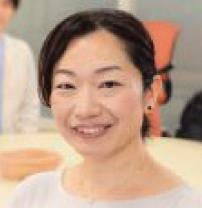
Kayoko KURITA
Professor (Higher Education, Faculty Development)
The main research theme is the development, evaluation, and dissemination of Faculty Development programs to contribute to the improvement of the quality of teachers in higher education.
I am in charge of the Future Faculty Program for graduate students and faculty members and exploring the possibility of developing, preparing, and implementing standardized programs for future faculty and other human resources. In addition, I am focusing on using Teaching Portfolios as tools to track educators’ improvement in quality. I am working on current research of effective mentoring in the process of creating Teaching Portfolios in order to improve our methods of measuring the progress of teachers in their courses. We accomplish this by providing workshops and seminars for dissemination.
Publications
- Memory in the Mekong : Regional Identity, Schools, and Politics in Southeast Asia (co-editor,Teachers College Press, 2022)
- Education in Japan : A Comprehensive Analysis of Education Reforms and Practices (co-editor, Springer, 2019)
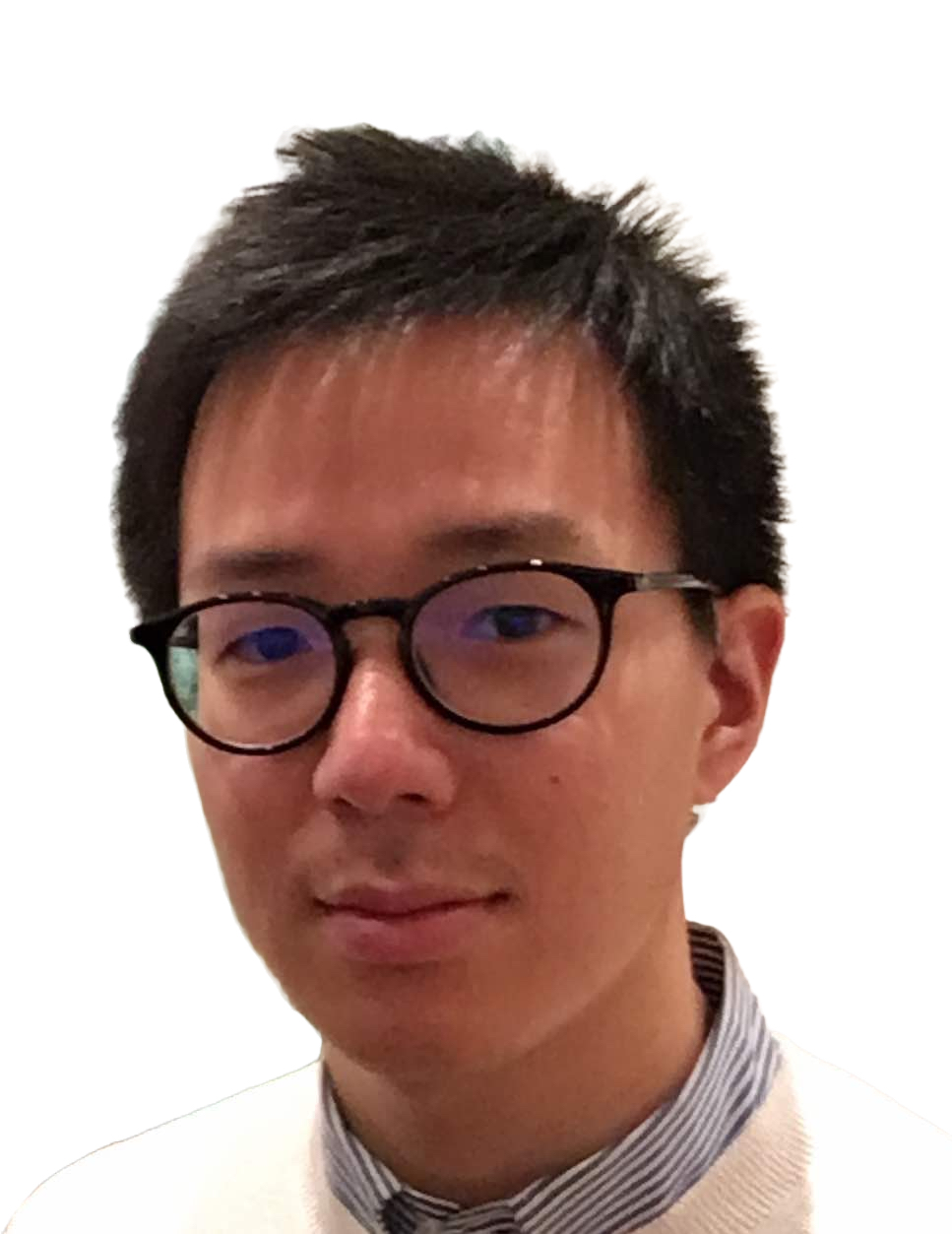
Kazuaki IWABUCHI
Assistant Professor (Comparative Education)
My research explores how internationalization operates in various education systems, across multiple levels. In doing so, I draw on institutional frameworks. Specifically, I’ve been studying the policy process of the International Baccalaureate being introduced into Japan’s education system. Currently, I focus on diverging relationships between the policy intentions of internationalization and teachers’ practices. One of the key roles the CASEER plays is to support young scholars. As an early career researcher, I will try my best to cooperate with graduate students and other young scholars to promote research. As a member of the Center, I wish to contribute to globalization of Japan’s education and reflection on what globalization means to the society.
Center for Barrier-Free Education
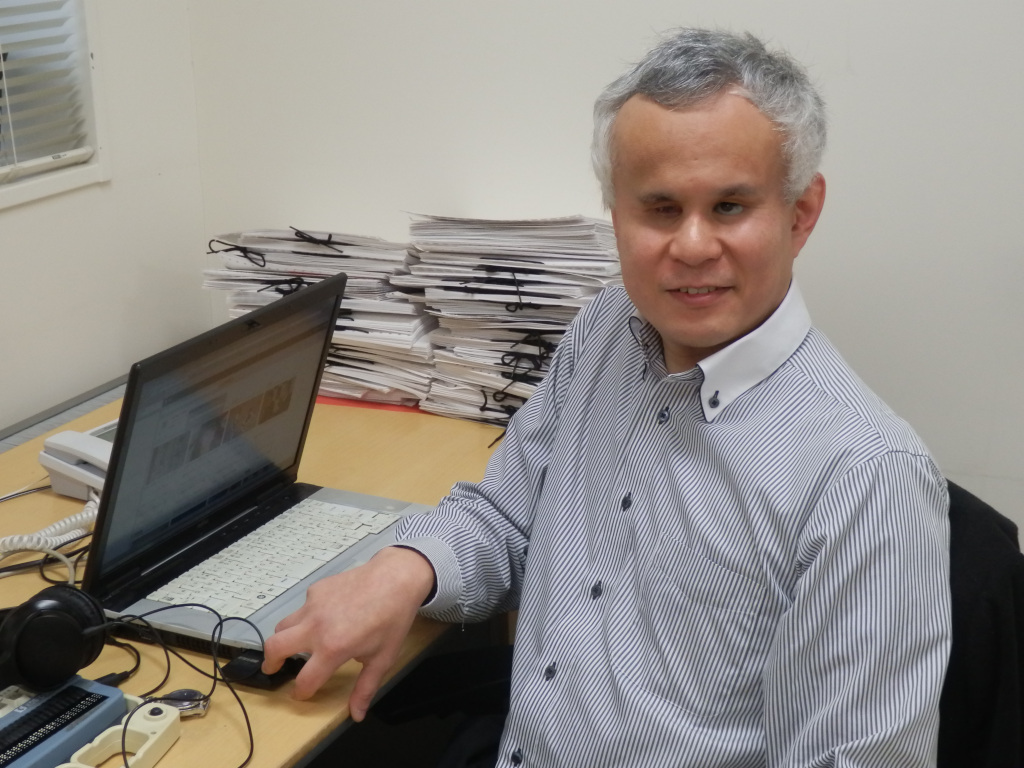
Ryoji HOSHIKA
Director (Professor, Sociology and Disability Studies)
The difficulties faced by vulnerable groups such as elderly people or those with disabilities has received a great deal of public recognition, as has the necessity for social efforts to realize the concept of Barrier Free environments in order to allow these individuals to lead fulfilling lives. Social infrastructures and legal supports to solve related problems have been making steady progresses. Now it’s time to turn our eyes to fostering human resources who can actively take charge of the more effective realization of that social revolution on a daily basis.
What kinds of personal qualities are needed in these human resources? It is not enough simply to understand the lives and the difficulties which face socially vulnerable people and to wish to help them. In recent years researchers and vulnerable people themselves have pointed out that a simple good will without insight into the backgrounds of those situations sometimes complicates and exacerbates the difficulties experienced by vulnerable individuals.
Taking account of this, what is required of us now is to foster these outstanding human resources, who possess a good insight and strong will to change the current social structure, which brings difficulties to vulnerable groups. I believe it is our mission to pioneer and popularize the education system in society, which will in turn help to develop enlightened human resources.
The Center for Early Childhood Development, Education, and Policy Research (CEDEP)
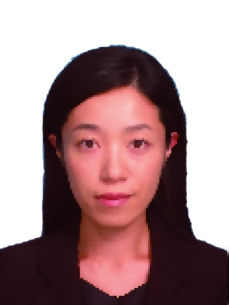
Sachiko NOZAWA
Associate Professor (Developmental Psychology, Research on Early Childhood Education and Care)
My research theme is how children’s peer relationships develop in early childhood. I examine the developmental processes of peer relationships at ECEC settings and how ECEC teachers support children’s peer interactions.
I am also interested in how the quality of ECEC in Japanese social and cultural contexts contributes to child development. I would like to explore what quality ECEC should be to promote children’s healthy development and well-being on the basis of empirical researches.
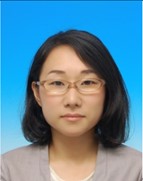
Yu ISHII
Assistant Professor (Developmental Psychology)
I am interested in examining the lifetime development of children with illness or disabilities and the support needed in the healthy development of such children. To date, I have conducted research on people who have experienced various diseases, including childhood cancer, and their families, as well as doctors and childcare staff, to examine how we can provide support.
Going forward, I hope to continue to conduct empirical studies and examine what adults can do for the healthy growth and development of all children, including children with so-called atypical development.
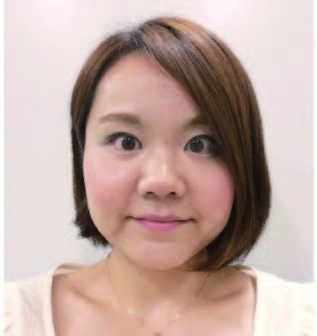
Midori TAKAHASHI
Assistant Professor (Developmental Psychology)
I conduct a wide range of research at the Center on topics related to early childhood education and care (ECEC), including questionnaire surveys aimed at clarifying the “strengths” and challenges of ECEC settings in Japan, as well as studying how to utilize new technologies, including ICT, in the era of Society 5.0 at ECEC settings. Additionally, I conduct research on the role of ECEC settings in sustainable urban development. As I have a particular interest in social cognition, which is concerned with how humans perceive, recognize, and
use information from others in their behavior, I also research the gaze behavior of childcare providers.